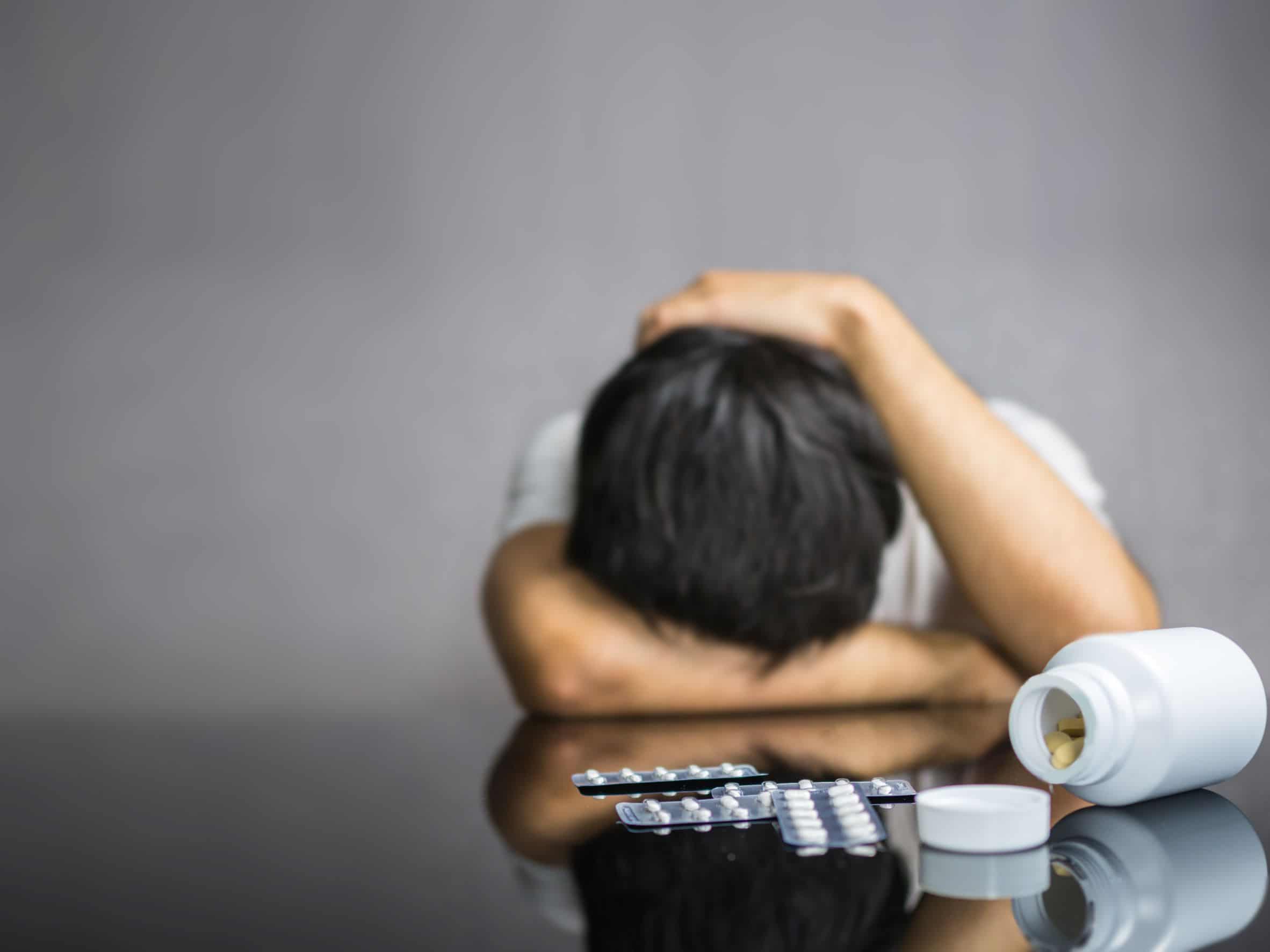Overcoming one’s addiction can be challenging, especially since your body has become dependent on a particular substance. You may find yourself getting intense cravings for these harmful elements, even when you’ve made the decision to quit consuming them.
Experiencing withdrawal symptoms doesn’t mean you’re physically or psychologically weak. It’s a normal part of detoxification and flushing out the remnants of these substances or drugs from your system. Although it’s expected, going through the process is by no means an easy feat.
As you go through this difficult process, here are ways that you can help yourself when you go through withdrawal:
- Join a support group
Most people are ashamed to ask for help during this crucial time in their lives. However, you should be surrounding yourself with people who genuinely care about you and your recovery.
Once you’ve decided to let go of your vices, you should inform your family and friends so that they can help you and keep you accountable. You should also make new social connections, especially if most of your friends are still living the lifestyle that you once enjoyed. Finding sober friends can significantly make your addiction treatment easier, since you won’t be exposed to the substances that can trigger your cravings.
It’s also best to turn to professionals for your treatment options. Additionally, withdrawals can be treated at a detox center in Tucson, if you’re in Arizona, which can give you the additional support that you need.
- Know what to expect
Aside from having people who care about you by your side, you should make yourself aware of the symptoms that you might experience as well. This way, you can prepare for these things and know that they’re part of the process.
Symptoms vary from person to person as well as the substance involved. These are the commonly abused substances with the withdrawal symptoms you might experience: (1)
- Alcohol – Alcohol withdrawal can make you develop feelings of depression and anxiety. Mood swings are also common for those struggling to overcome alcoholism. Physical symptoms include nausea, tremors, fevers, and seizures.
- Amphetamines – Withdrawal from methamphetamine and other similar substances can result in fatigue, sleeping problems, and physical agitation.
- Benzodiazepines – Xanax, Ativan, and Restoril are some examples of benzodiazepines. Withdrawal symptoms may include insomnia, tremors, nausea, and hallucinations.
- Opioids – Stopping the intake of opioids like heroin can make an individual develop tachycardia or rapid heart rate. Other symptoms can be hypertension, diarrhea, muscle cramps, and abdominal pain.
- Cocaine – Anxiety, a boost in appetite, depression, body malaise, and nightmares are common cocaine withdrawal symptoms.
These sensations can manifest within just a few hours of abstinence, which makes it even more challenging to stop entirely. Find out more information about drug withdrawal to get a comprehensive idea of what to expect so you can prepare yourself physically and mentally.
- Keep yourself hydrated
If you experience vomiting and diarrhea, you must keep yourself hydrated to overcome these withdrawal symptoms safely. Whenever you vomit or defecate, you’re losing precious fluids that your body needs to function optimally.
Knowing this, you should drink lots of water and other liquids to replenish the electrolytes in your system. You may also want to stock up on electrolyte-laden beverages such as sports drinks. These can help you combat nausea as well.
- Eat clean
Having a balanced diet can help you ride out the withdrawal symptoms you’re experiencing and overcome addiction. Fruits and vegetables, in particular, are great at regulating sugar levels in your body. This way, you won’t have significant issues with cravings.
- Be physically active
Exercising also releases feel-good hormones, such as dopamine, naturally, which can help you battle withdrawal symptoms. Although you may not feel like moving at all during this stage, even just a little movement and sweat can do wonders for your recovery. It can also make you stronger physically and mentally. (2)
- Get enough sleep
Sleeping problems are common in the withdrawal stage. Nonetheless, establishing proper sleep habits can alleviate symptoms of insomnia or hypersomnia and allow you to have ample rest each night. Being well-rested can give you clarity in the mornings and renew your determination to avoid drugs.
Conclusion
Overcoming addiction is made challenging by withdrawal symptoms, which can affect you physically and mentally. Fortunately, there are plenty of ways to tackle these unpleasant sensations—most of which involve developing practices for a healthy lifestyle. Just remember that the withdrawal stage is just a normal part of the process, and you’ll be better soon enough.
References
- “How to Deal With Withdrawal”, Source: https://sunrisehouse.com/detox-process/cope-withdrawals/
- “20 Surefire Ways of Coping With Alcohol Withdrawal”, Source: https://www.therecoveryvillage.com/alcohol-abuse/withdrawal-detox/coping-with-withdrawal/








